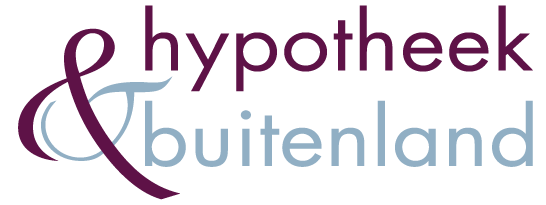New and remodeling France
New and remodeling France
It is possible as a non-resident of France to get a mortgage for new construction or renovations. However, this is subject to strict conditions by the banks. They only want to finance construction projects done by official French contractors, and they do not want to finance self-builds. There are 3 different types of new construction (agreements): VEFA, CCMI or Marché de traveaux.
The maximum financing rate for new construction is applied to the sum of the land purchase and total construction cost.
For renovations, the maximum financing rate is applied to the sum of all renovations for which quotes are available from official French contractors. Some banks are willing to apply the financing rate to the expected value of the property after renovations. If the property is not already “fully” financed, the renovations can then potentially be fully financed.
The process of getting financing for new construction done requires intensive guidance and is time-consuming. Hypotheek & Buitenland also accompanies these routes, but at a higher rate for the service compared to financing existing construction.
To apply for a mortgage when working with a Dutch contractor, “a male” or self-build, French banks do not finance. Only when working with official French contractors can new construction or renovations be financed with a mortgage. Importantly, the contractor(s) must have a SIRET number and all legally required insurance, including the “ten-year warranty.
New construction where land and the property to be built are purchased in one sale is done through a VEFA(Vente en Etat Futur d’Achèvement) agreement. This type of new construction is also called “turn-key” or “turnkey” purchase. The equivalent of the purchase agreement in such a sale is the “reservation agreement. You see this type of new construction a lot when building apartments (for example, in the French ski resorts).
The Contrat de Construction de Maison Individuelle (CCMI) is the usual construction agreement when land is already owned on which to build. This construction agreement is made with a construction company where there are already construction plans from an architect or existing plans “from catalog.
New construction involving loose contracts with various contractors who take on the construction. Coordination and construction supervision is done by a “maitre d’ouevre” (project manager who coordinates and supervises construction).
A fully documented building permit application should be made to local authorities. The purchase of building land often includes a condition precedent in case the building permit is unexpectedly not granted.
Self-construction or renovations that people want to do themselves are not financed by French banks.
This umbrella insurance provides coverage against situations where a builder or architect (or their insurance company) does not consider themselves liable for construction defects in new construction or major remodeling. Potentially years of legal battles then await. The Assurance dommage ouvrage removes these uncertainties and the insurer ensures immediate recovery and takes up the legal battle on your behalf towards the construction company or architect. Insurance is required by law, and banks often mandate such insurance.
Appraisal for new construction or remodeling is done by an appraiser’s assessment of the future value after completion (based on the construction plans).
Release of mortgage funds is made from construction deposits at the client’s call as works progress and invoices come in. The condition is that a mortgage guarantee is placed on the land by mortgage deed. With most banks, the mortgage remains repayable until the construction deposit is drawn in its entirety (usually with a maximum term of max 2 years). Interest is then paid on the released funds and a commitment fee on the mortgage funds not yet released.

